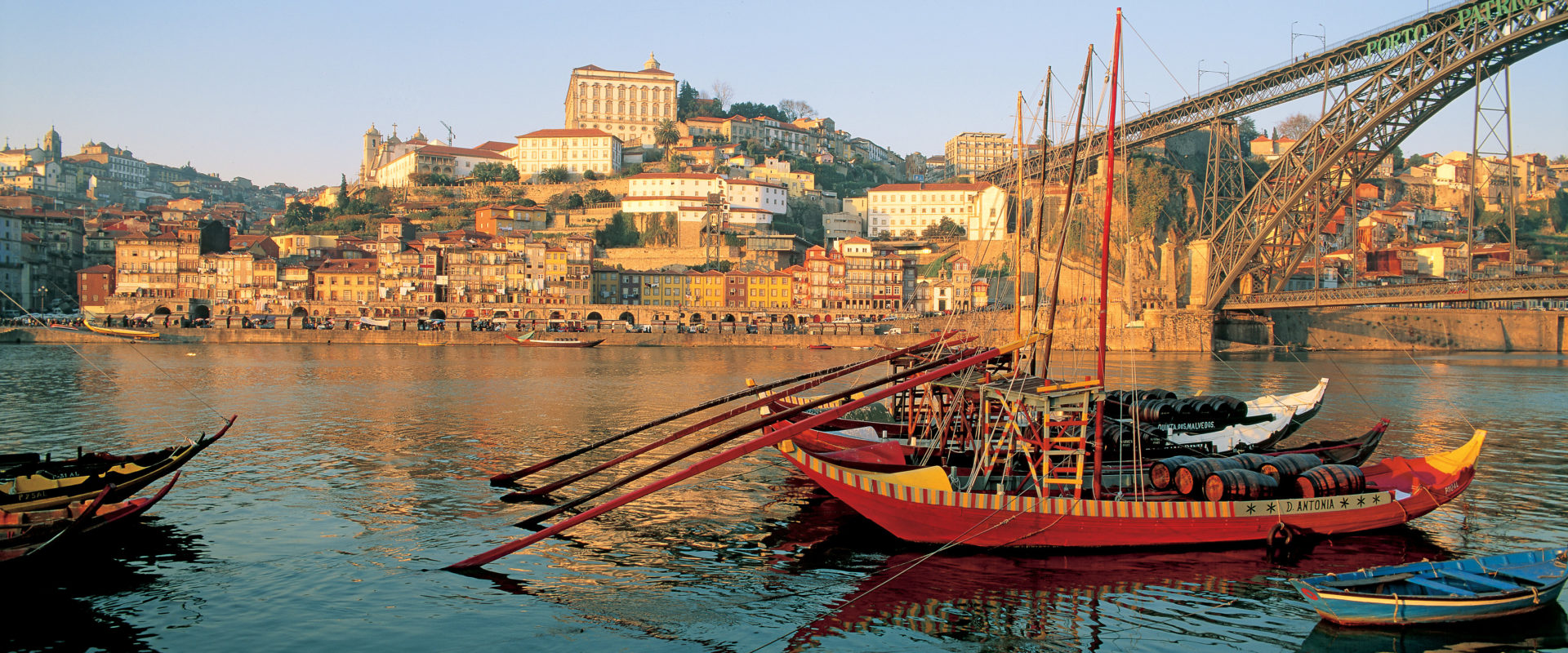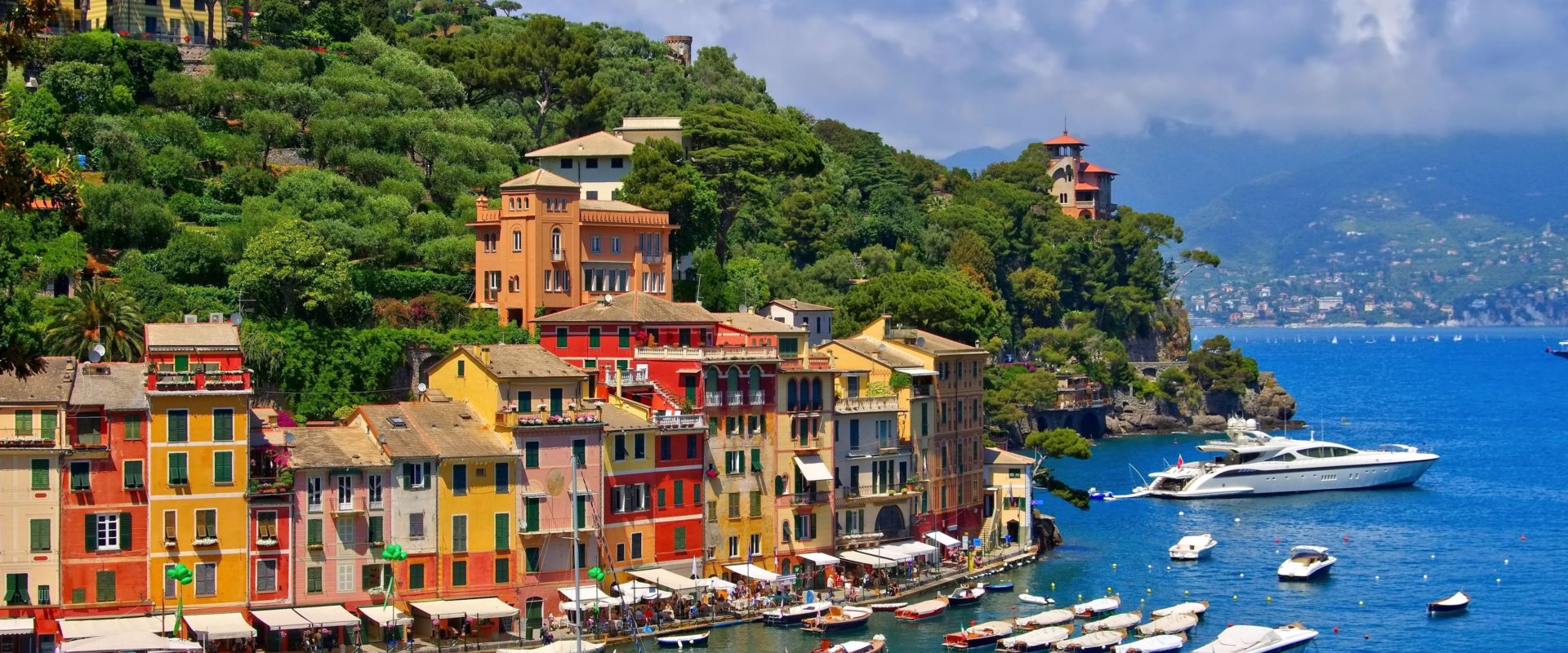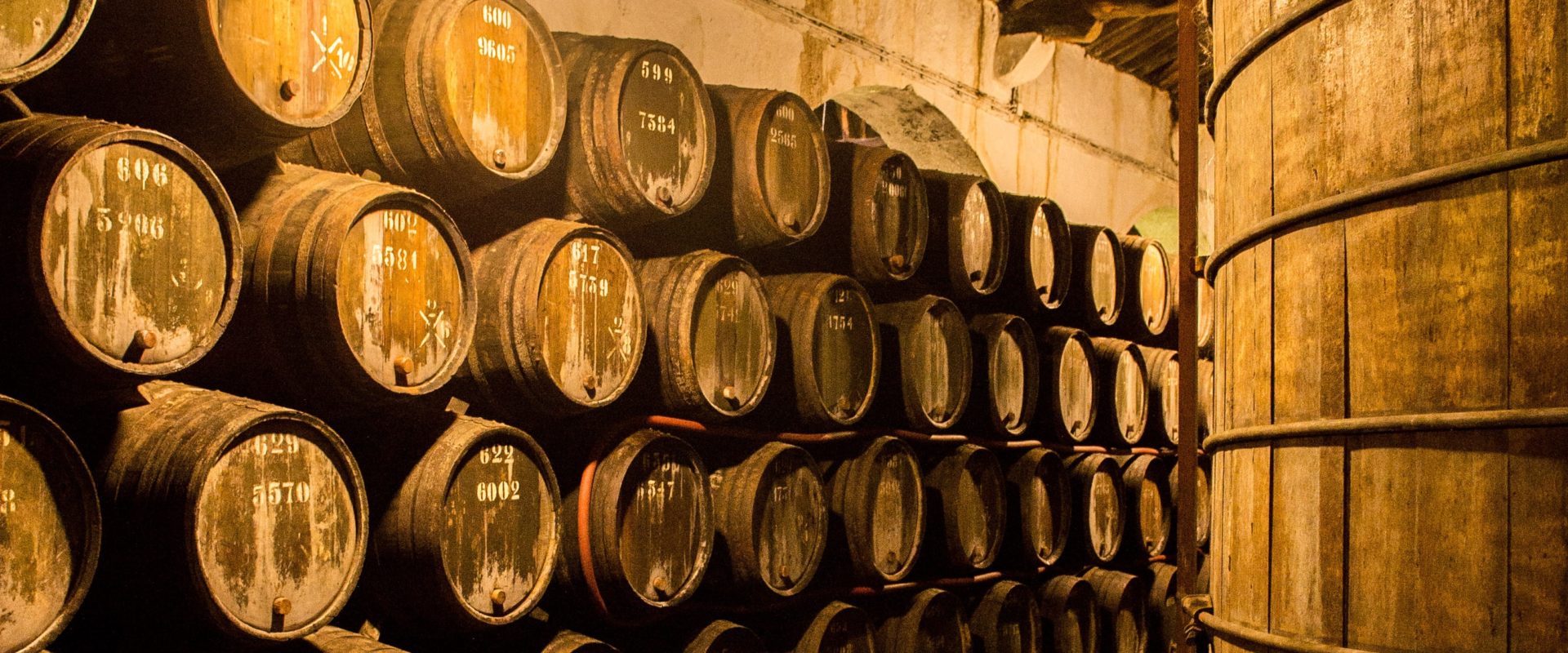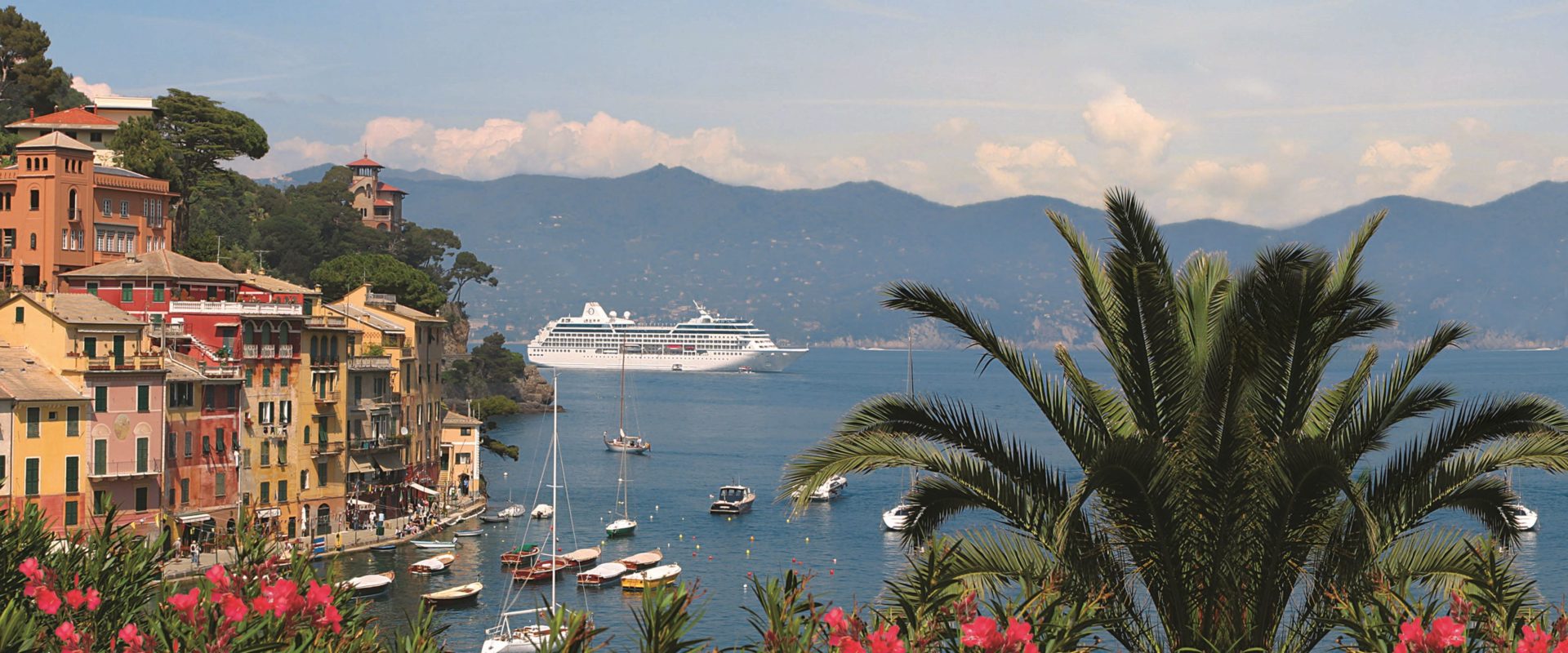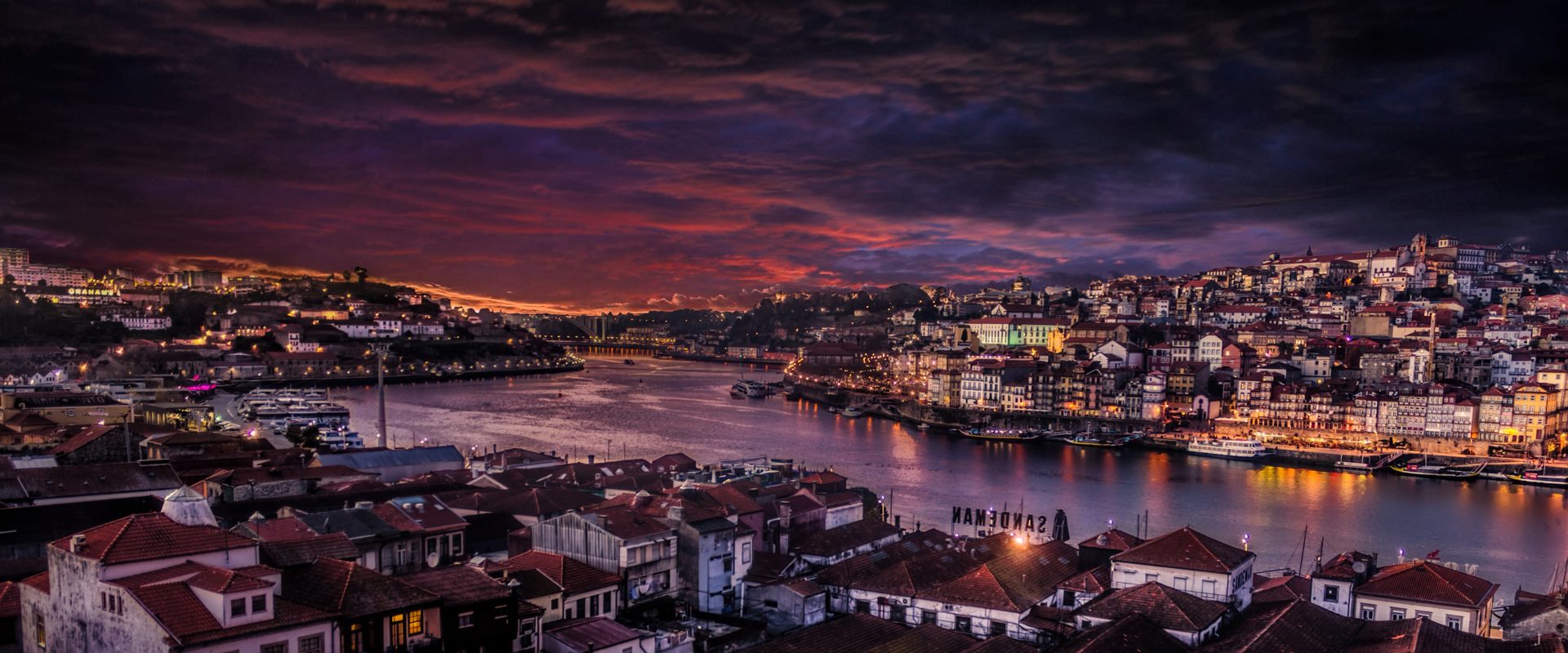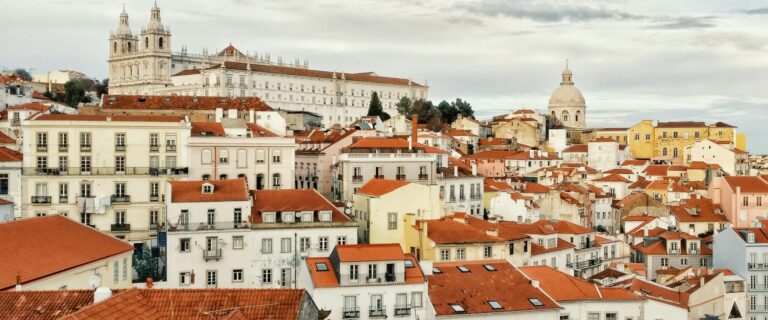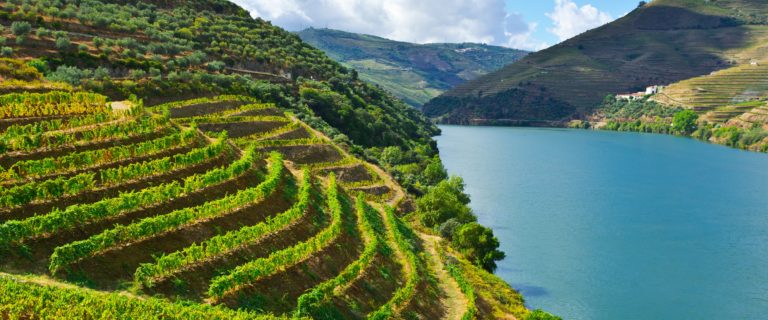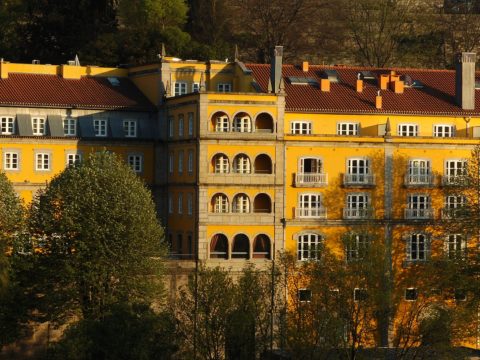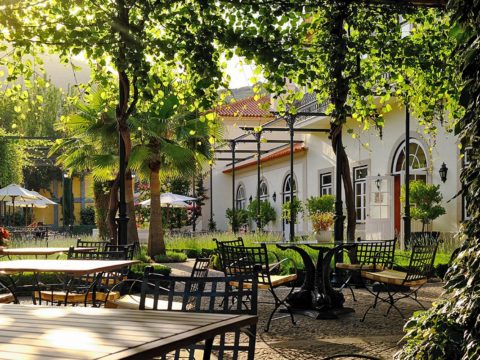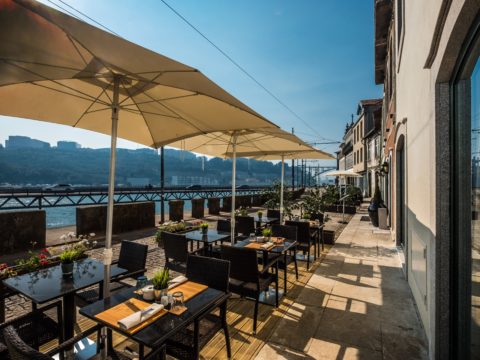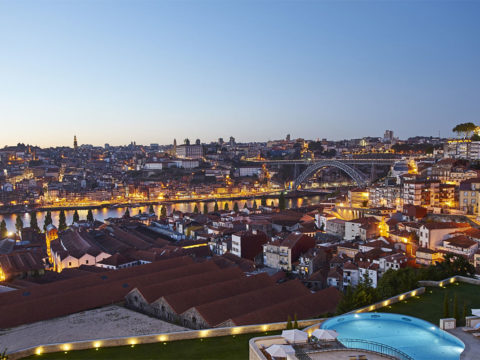Porto and the North
This traditional region encompasses the city of Porto, inland along the Douro Valley and north to the border with Spain.
Located along the Douro river estuary in Northern Portugal, Porto is one of the oldest European centres and its historical core has been declared a World Heritage Site by UNESCO. The western part of its urban area extends to the coastline of the Atlantic Ocean. Its settlement dates back many centuries when it was an outpost of the Roman Empire.
One of Portugal’s internationally famous exports, port wine, is named after Porto, as the packaging, transport and export of the fortified wine traditionally occurred here. Among the architectural highlights of the city, Porto Cathedral is the oldest surviving structure, together with the small Romanesque Church of Cedofeita, the Gothic Church of Saint Francis, the remains of the city walls and some 15th century houses.
The Douro valley has long been devoted to vineyards and has also been designated by UNESCO as a World Heritage Site. Traditionally, the wine was taken down river to Vila Nova de Gaia in flat bottom boats called rabelos, where it was stored in barrels in cellars. In the mid-20th century dams were built along the river, which ended this river traffic.

